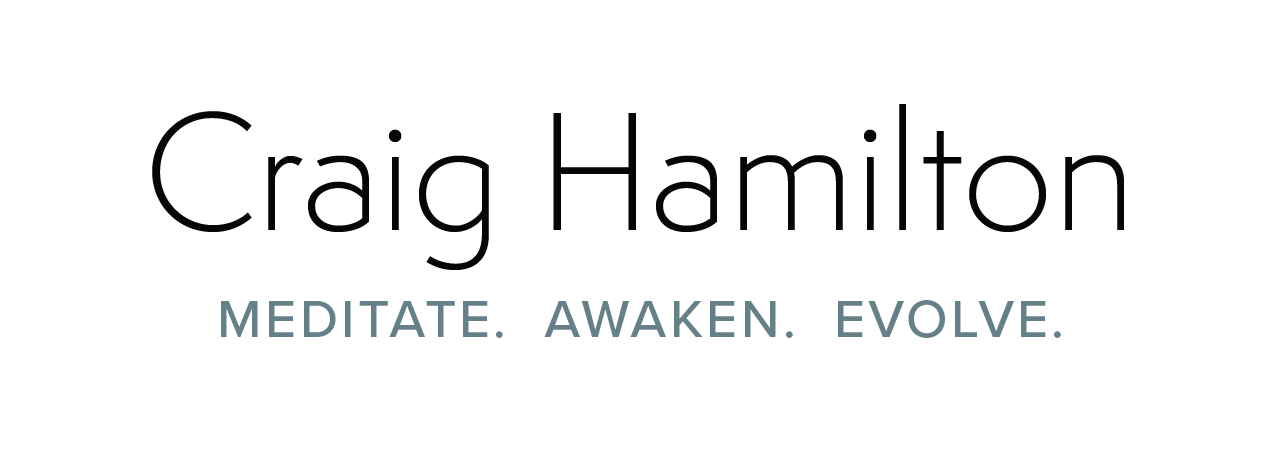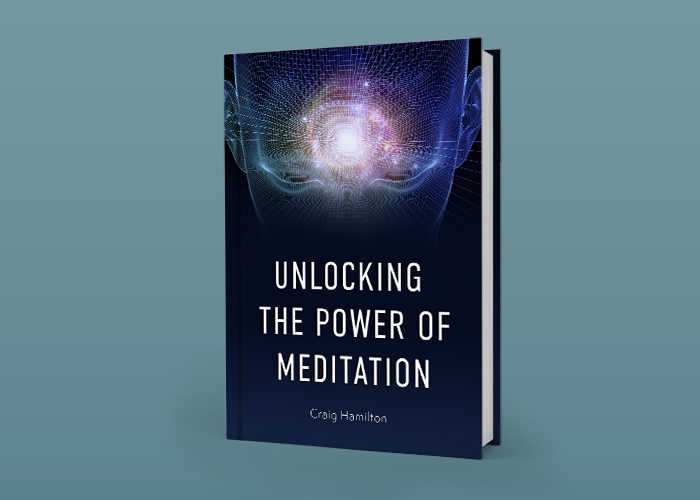Most meditators, from beginners to experts, are probably familiar with the “inner narrator.” It’s that voice that seems to be an almost constant companion during our practice, commentating on our experience. So what is that voice in our heads? Is it the voice of the ego, our higher self, or neither of the above? In this short video, Craig illuminates the true nature of these inner voices and how we can keep them from taking control of our meditation.
Below the audio is a downloadable MP3 and a transcript, if you’d prefer to engage the content in that way.
Want to download the mp3 version? Click here.
Question:
When I meditate, even when I’m feeling very spacious, I often hear a kind of voice that’s narrating my experience. Is that the voice of the ego? And how should I relate to it?
Answer:
Good question. It’s definitely not always the ego, at least in the way I use the term. People use that term differently in different contexts. When I talk about ego, I’m referring to a very particular kind of function in the psyche. I’m not going to give a big discourse on ego here, but I define it simply as our self-image, our self-concept, our story about ourselves that we defend against threat. We all have a story that we want to keep intact. We have this concept of who we are as a person that we use to navigate the world. So that’s what I mean by ego, and it’s a fairly conventional definition.
So, if the voice in your head is an ego voice, it’s going to be talking about you: How am I doing? Am I doing it right? Am I doing it wrong? Oh, look, I’m really enlightened. Oh no, I’m never going to get this right. Those are the typical ego voices. Things like, I’m great, I’m terrible, this means I’m great, this means I’m terrible. It’s all a me story.
So, the voices in your head during meditation aren’t necessarily ego at all. Sometimes they are, sometimes they aren’t. But the fact that those voices might not be from the ego doesn’t necessarily mean they’re the voices of your higher self. An inner voice is just one of the ways thought shows up. It’s one of the forms that thought takes. And it’s neutral. Sometimes it’s good, sometimes it’s bad. It’s indifferent. It’s anything and everything.
In meditation, the way I would say to relate to any voice is the same way we would relate to any thought or feeling or sensation or experience: don’t make any meaning out of it. Don’t latch on to it. Don’t try to make it go away, but don’t allow yourself to be interested in it or try to engage with it.
Instead, you should assume a relaxed inner posture where you’re simply making room for everything. Sometimes a voice might say something that inspires you, or touches you very deeply. Maybe it will inspire creative ideas. When voices arise, you might simply say: “Oh, that’s interesting. The voice is saying those things. But what it’s saying is neither here nor there.” You just want to have space for all of it without getting attached.
You can think of any content of your experience—thought, voices, imagery—as a kind of neutral medium that can be used by many different forces in the psyche. It can be used by your ego, it can be used by the highest part of you, it can be just a place where raw creativity comes through, or it can be a place where your deepest fears all suddenly blow up. It’s a neutral medium, influenced by everything.
That’s why, in meditation, we take such a neutral position toward that medium. If we’re anything other than neutral toward all that content, we’re going to spend our whole life just trying to interpret it: What does it mean? Was that my higher self or was that my lower self? Should I trust that? Should I not trust that? When we start to interpret all that content, we’re not meditating. We’re paying attention to all the ups and downs on the surface.
In meditation, we have this freedom to have no idea what any of the content means. We just let it all happen. We experience all of it without doing anything about it. It’s actually a rare privilege to be able to do this. In the rest of our life, we need to interpret those voices in order to figure out which ones we should listen to and which ones we should ignore. We need to know which thoughts are intelligent and rational, and which ones are totally bizarre. But in meditation, we have this freedom to just let it all happen. And taking that position opens the way to higher discernment, wisdom, and awakened clarity.














Most enlightened